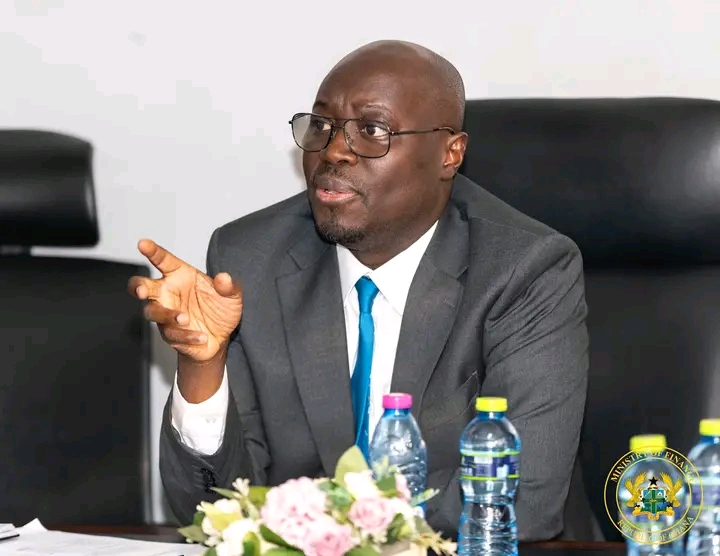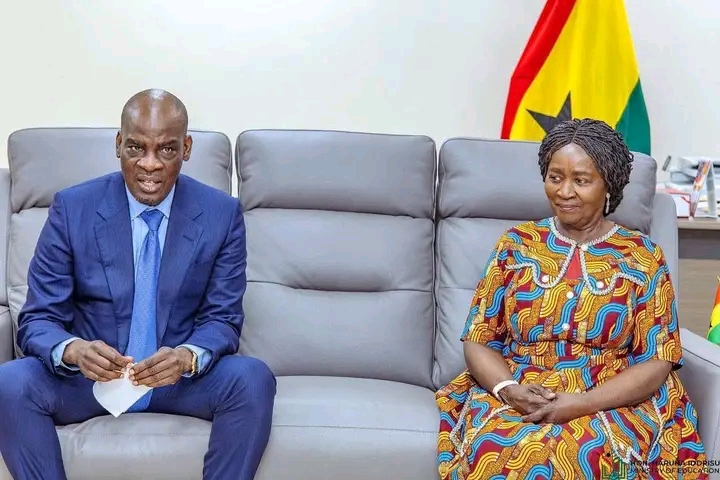By: Emmanuel Amoah
Dr. John de-Graft Johnson, a distinguished Ghanaian-born surgeon currently practicing in the United States, has developed a cutting-edge robotic surgical device that allows operations to be conducted without direct human hand involvement.
As an experienced surgeon and assistant operator of this innovative robotic system, Dr. de-Graft Johnson successfully carried out a minimally invasive procedure in late June. He made small incisions between a patient’s ribs and used the robotic arms to bypass multiple blocked arteries, potentially adding several years to the patient’s life.
This robotic-assisted method presents a modern alternative to traditional open-heart surgery, which generally requires a large incision in the chest. Dr. de-Graft Johnson highlights that many patients are intimidated by the prospect of open-heart surgery, mainly due to the extended recovery period, which typically lasts six to eight weeks, with five to six days spent in the hospital post-operation.

The robotic approach offers significant advantages, including reduced pain and blood loss during the procedure. Dr. de-Graft Johnson, who acknowledges the challenge of needing a large incision to accommodate his hands in traditional surgeries, emphasizes his commitment to being transparent with patients regarding their treatment options.
The innovative procedure involves inserting robotic arms and a camera through small incisions between the ribs, allowing the surgeon to perform the operation with precision. Last month, Dr. de-Graft Johnson successfully performed his first coronary artery bypass using this technique, bypassing three arteries, and the patient was discharged just two days later.
Since 2007, surgeons at Doctors Medical Center in the U.S. have been using the Da Vinci robotic surgery system for various procedures. This system’s robotic instruments provide enhanced range of motion and magnification compared to human hands, significantly improving the accuracy of surgeries.
Dr. de-Graft Johnson’s journey began at Datus International School in Tema, Ghana, before he pursued a career in medicine, culminating in his groundbreaking work in robotic surgery.




